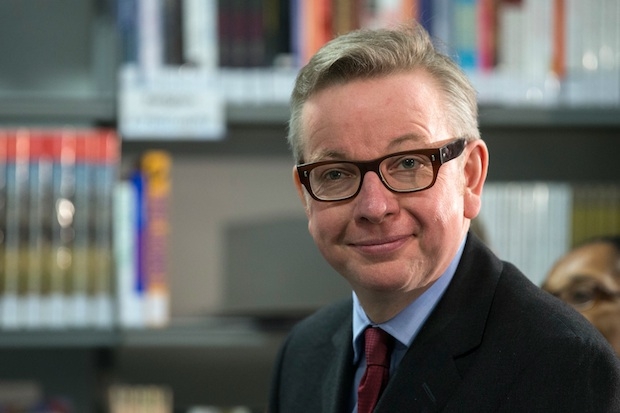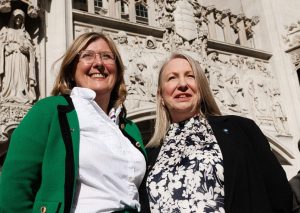David Laws is an honourable, clear-thinking politician – but looming general elections (and, in the Liberal Democrats’ case, threatened extinction) can have strange effects on a man. Hence his comments about the school curriculum today.
He starts off with what sounds like a liberal complaint: politicians ought not to interfere with education. The school curriculum should not be set by the “whims of here-today, gone-tomorrow politicians,” he said. “”Ministers float in and out of the department, often for quite short periods of time” which created “too much turbulence”, he said. Amen. Michael Gove’s reforms are all about setting schools free from the interference of politicians in local authorities and thanks to his reforms, two million more pupils are in schools that have opted out of town hall meddling.
But Gove has also tightened the curriculum, which had been watered down under Labour with over-reliance on coursework – A-stars emerged, to take the place previously occupied by As. Exams are tougher nowadays, and from 2017 the new GCSE structure will begin.
Laws seems to take aim at all this today, and if anything he could gave gone further. Even the 1945 Labour government did not propose that MPs decide what pupils should learn: George Tomlinson, Labour’s first postwar Education Secretary, famously declared that ‘the minister knows nowt about curriculum’. It was a Conservative minister, David Eccles, who started to interfere – believing (not without reason) that the education establishment didn’t pay enough attention to the three Rs. In 1977 the so-called ‘Great Debate’ about the curriculum complained that pupils were not taught about industry, and the importance of manufacturing to British life.
After the Olympics, competitive sport was in vogue – and Cameron was complaining about sports slots being used to teach Indian dancing. It was wrong of him to do so: that’s up to parents, and teachers. . Many English girls will have a dream of making it big in Bollywood, and this is every bit as legitimate an ambition as winning Gold in taekwondo. Today Nicky Morgan, Gove’s successor, is very keen that faith schools teach gay rights. Politicians of left and right cannot resist using their control over curriculum to advance their pet agendas. I agreed with Gove’s agenda, but I still believe politicians ought not to have this power.
But there was a wider aim of the Gove reforms: to give schools freedom to teach what they want, making it easier for new schools to open up thereby giving parents greater choice – and allowing schools to compete on the type of curriculum they offer.
Here’s the rub: who should decide the curriculum if not politicians? The obvious answer is schools: let teachers decide. Or, let parents decide – when they choose school for their pupil, they can go for the ones with the curriculum they think best for their child. Parent choice is the best education tsar.
But no: Laws wants to free education from politicians by placing power into a panel of experts – which would, of course, be picked by politicians. His proposed Education Standards Authority, which would ‘control the curriculum content and prevent short-term political changes’ and ‘provide an objective measure on standards to stop politicians marking their own homework’
This ‘panel of experts’ idea, which we now and again hear proposed for the NHS, is the worst of all worlds: ideally power ought to rest with the parents, through choice. Failing that, through politicians who can be turfed out. But the idea that a ‘panel of experts’ would be apolitical is for the birds. Who would pick it? What would the mandate be? Every single attempt at setting up a quango, or an “independent” panel to control something, is an attempt to impose one government’s policy on the next government.
Michael Gove is, rather obviously, the target of Laws’ attack today. So the LibDems, on 7pc of the vote – half that of Ukip – is trying to win back votes by suddenly discovering ideas that eluded them during their four years of coalition with the Tories. The partners open fire on their supposed allies: it’s a bit like the wedding scene in Season 3 of Game of Thrones, except with bananas thrown instead of arrows.
Laws is a clever man, and he’ll know that his proposal is in fact deeply illiberal. But his party has become deeply illiberal – wanting the state to license the press, wanting tighter bureaucratic control over the NHS, and a whole bunch of things that make it indistinguishable from Old Labour. No wonder its support is collapsing.







Comments